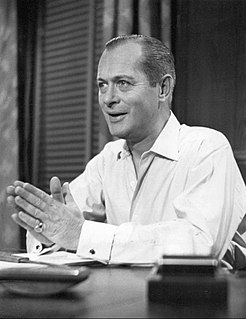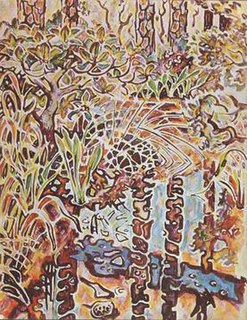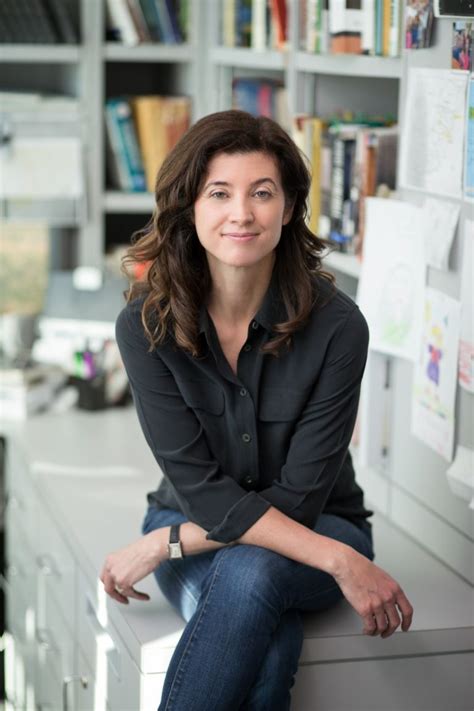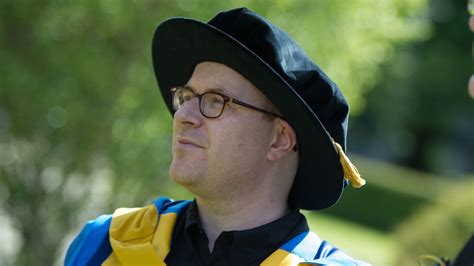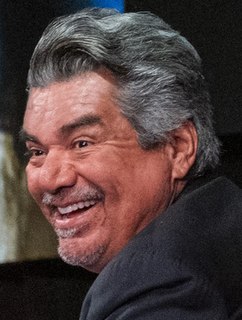A Quote by John Lennon
I keep on reading the Morning Star newspaper to see if there's any hope, but it seems to be in the 19th century; it seems to be written for dropped-out, middle-aged liberals.
Related Quotes
Berlin seems like a place of healing to me though: you have both the Holocaust Memorial and Hiroshima Strasse side-by-side there. You have the whole last century libraried and you can see exactly what we did. Now there's lots of artists and musicians moving there because they can't afford the rent in London and New York, and they're having children and making it a gentle place. It seems to be a place of hope now.
Fox News seems much more conservative than it is because no other television network over the past half-century has been anything but decidedly liberal. When the media norm is liberal, liberals equate liberalism with objectivity and deviations from it as bias, just as liberals preach tolerance toward all ideas - except conservative ones. Their self-delusion is surreal.
Now, as Mandelbrot points out, ... Nature has played a joke on the mathematicians. The 19th-century mathematicians may not have been lacking in imagination, but Nature was not. The same pathological structures that the mathematicians invented to break loose from 19th-century naturalism turn out to be inherent in familiar objects all around us.
True perfection seems imperfect,
yet it is perfectly itself.
True fullness seems empty,
yet it is fully present.
True straightness seems crooked.
True wisdom seems foolish.
True art seems artless.
The Master allows things to happen.
She shapes events as they come.
She steps out of the way
and lets the Tao speak for itself.





